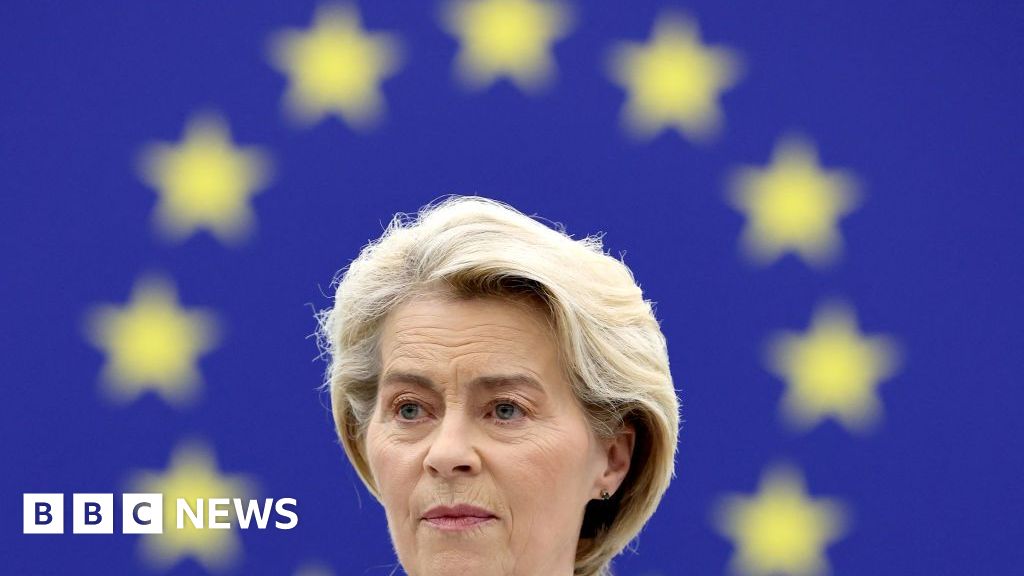Unlock the Editor’s Digest for free
Roula Khalaf, Editor of the FT, selects her favourite stories in this weekly newsletter.
If you are reading this, congratulations, you have won a sort of lottery. About 700mn people around the world survive on less than $2.15 a day, the World Bank’s poverty line. That is less than half the price of one turmeric latte in Washington DC.
How to close the gap between poor and rich countries? The question has occupied generations of great economists, including the late Robert Solow, a Nobel laureate who died on December 21 2023. His model of growth “continues to be extremely prescient and relevant”, says Michael Kremer of the University of Chicago, another laureate. If only the convergence it predicted was easier to pin down.
Solow had a fascinating life, growing up in the Depression and temporarily dropping his studies to intercept Nazi communications. In the decade after the second world war, he saw European economies rebounding quickly. As he put it, the question of why some countries grow faster than others was “in the air”.
The model he wrote became foundational; iterations are still taught today. Its predictions were striking. Start with two countries with identical savings rates, population growth rates and access to technology. Then assume that the returns on investment fall as you get more of it. With a smattering of algebra, one can show that countries starting off poorer should grow faster than richer peers.
This “unconditional convergence” was a neat — and optimistic — idea. But it was also a statistical minefield. One 1986 study seemed to find evidence among a group of sixteen rich countries. But as the economist Debraj Ray describes, it would be easy to spot convergence to superstardom among a top basketball team. Inferring that a random group of wannabes will tend towards the top tier would be a leap too far.
Broader number crunching led economists to give up on unconditional convergence. Depressingly, for centuries poorer countries had been no more likely to grow quickly than richer ones. Only when one accounted for differences between countries, in factors like population growth or investment rates, did (conditional) convergence hold.
Then something extraordinary happened. Around the mid-1990s, poorer countries started to experience growth that was higher relative to richer ones, less volatile and more persistent. The trend was broad, and not driven by any single country such as China. One study published in 2021 triumphantly called it “The new era of unconditional convergence.”
A different study published in 2021 by Kremer, Jack Willis of Columbia University and Yang You of the University of Hong Kong found that the change coincided with countries becoming increasingly similar in lots of other ways too, including their rates of population growth, investment and government spending. Although the authors were careful to point out that it was unclear what was causing what, it is possible that increasingly similar policies helped poorer countries converge with richer ones. If you buy that idea, it’s grounds for optimism, says Willis. It suggests that history is not destiny and that deep disadvantages can be overcome.
Unfortunately, this new golden era may already have ended. The latest data from the World Bank confirms that over the 2000s the dispersion in income per person across a consistent set of 204 countries did fall. But starting around the mid-2010s, it plateaued, a trend that the pandemic only temporarily disrupted.
Measuring convergence differently, in the 2000s and 2010s poorer countries grew faster than richer ones. But starting in 2015, income per person was essentially uncorrelated with growth up to 2022. Between 2019 and 2022 poorer countries grew more slowly than richer peers.
It would be comforting to cling on to the hope of unconditional convergence. Perhaps very recent trends say more about the strangeness of Covid-19 than they do about a new era. Maybe richer countries’ strong fiscal responses enabled a quicker recovery, an effect that will fade over time.
Jared Rubin of Chapman University suggests a gloomier take, that the convergence of the early 2000s was just a one-off shift of workers into the global labour market. In other words, the low-hanging fruit of globalisation. Meanwhile institutions like the World Bank seem pessimistic about development, given climate change, higher interest rates and frail democratic institutions.
When discussing growth theory, Solow once said that “many more questions have been asked than answered”. That is still true. We don’t know exactly how to make sure poorer countries catch up with richer ones. But we do know that there is nothing automatic about it.
soumaya.keynes@ft.com
Credit: Source link












